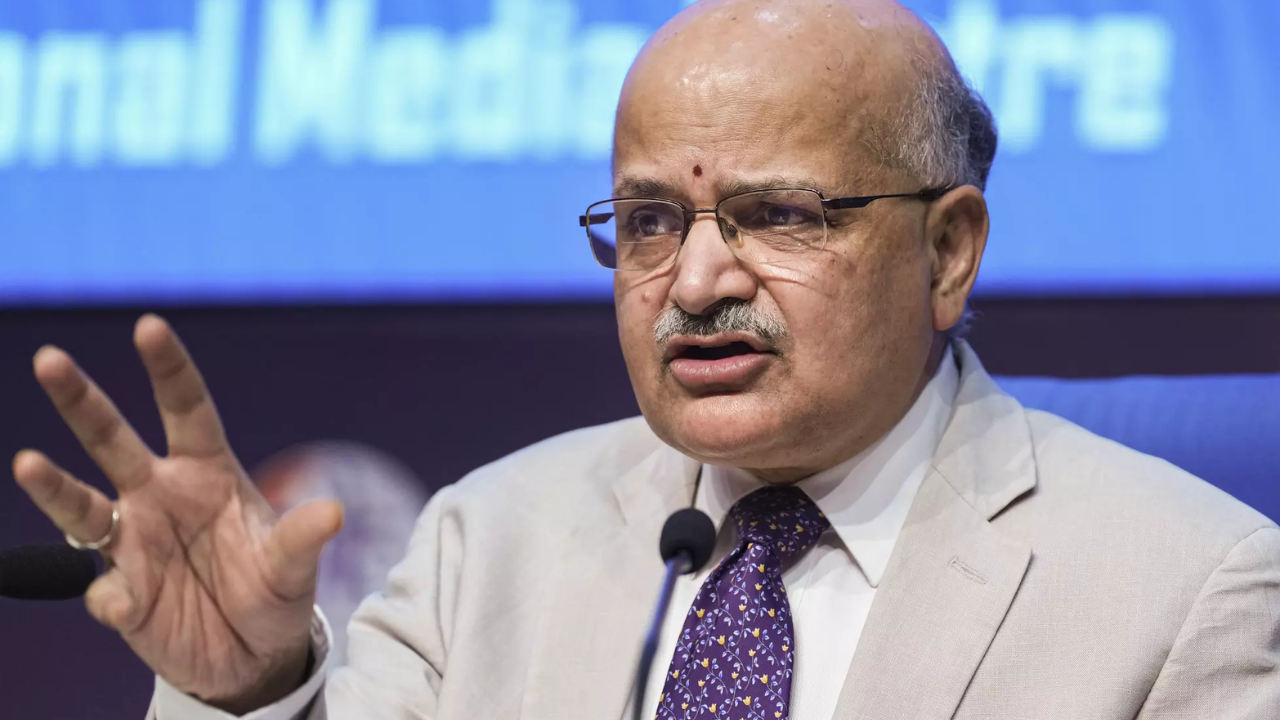India’s semiconductor ambitions could risk worker safety

Join our WhatsApp Community to receive travel deals, free stays, and special offers!
- Join Now -
Join our WhatsApp Community to receive travel deals, free stays, and special offers!
- Join Now -

India has grand plans for its semi-conductor industry. The country is a relatively new entrant to the world of chip manufacturing, dominated by Taiwan, South Korea, and the US. Over the last few years, India has undertaken an unprecedented push for investments in the field. “Our dream is that every device in the world will have an Indian-made chip,” said Prime Minister Narendra Modi at an event in September.
In recent years, New Delhi has invested Rs 76,000 crore into the sector as part of the India Semi-Conductor Mission, providing huge subsidies to companies that plan to manufacture chips in India and hopes to see the industry’s value grow from $29 billion in 2023, to nearly four times its size, to $109 billion, by 2030.
Such a massive expansion brings with it many questions, such as whether the government’s investment will actually result in employment creation to the extent that has been claimed. But amid all the headlines created by India’s big push into the sector, one element has gone under-reported: what this might mean for Indian workers.
The country already has a poor framework for labour rights in manufacturing industries, especially in occupational health and safety. Evidence from research in other countries and workers’ experiences indicates that the chemically...
What's Your Reaction?
 Like
0
Like
0
 Dislike
0
Dislike
0
 Love
0
Love
0
 Funny
0
Funny
0
 Angry
0
Angry
0
 Sad
0
Sad
0
 Wow
0
Wow
0



















































